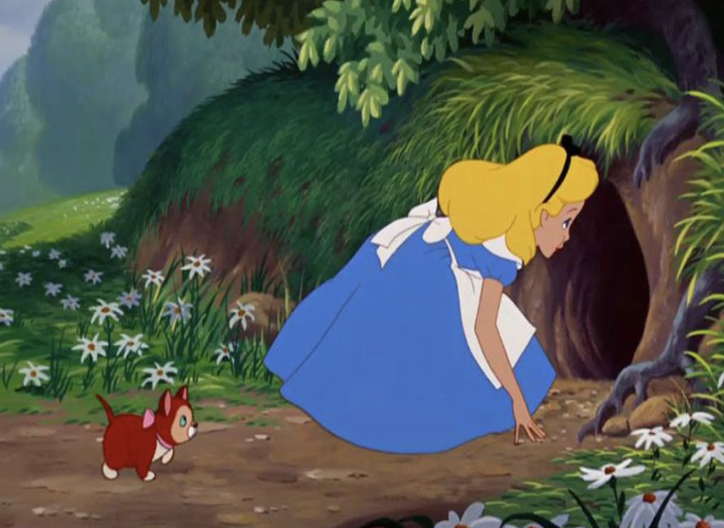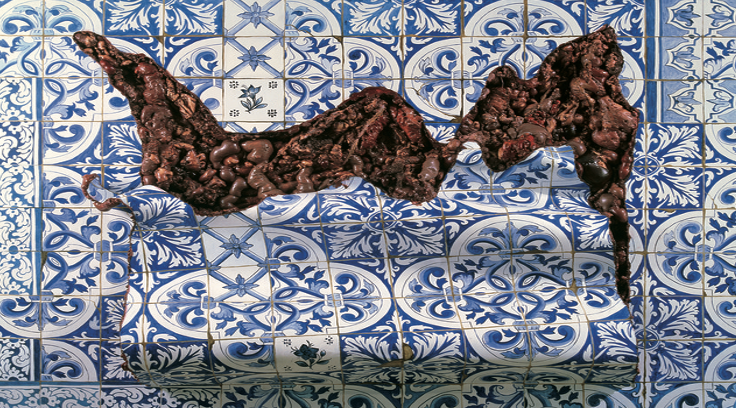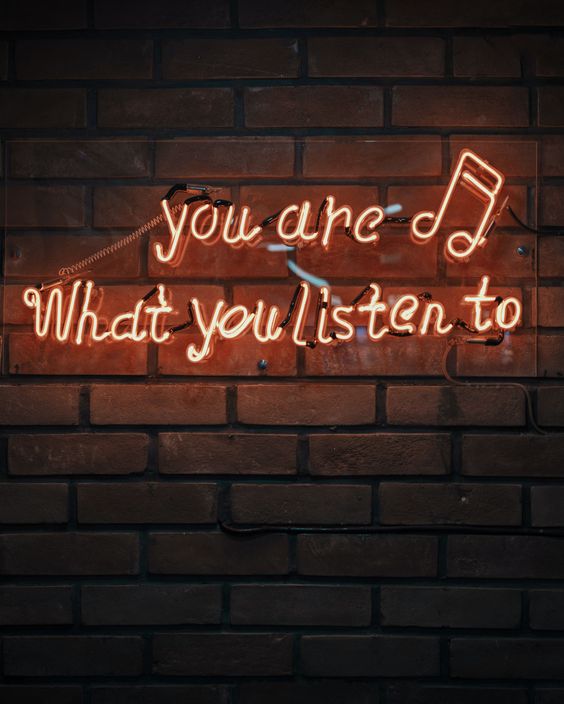1. LISTEN TO LEONARD
2. READ LEONARD
I’ve seen you change the water into wine
I’ve seen you change it back to water, too
I sit at your table every night
I try but I just don’t get by with you
I wish there was a treaty we could sign
I do not care who takes this bloody hill
I’m angry and I’m tired all the time
I wish there was a treaty,
I wish there was a treaty
Between yout love and mine
Ah, they’re dancing in the street it’s jubilee
We sold ourselves for love but now we’re free
I’m so sorry for that ghost I made you be
Only one of us was real and that was me
I haven’t said a word since you been gone
That any liar couldn’t say as well
I just can’t believe the static coming on
You were my ground, my safe and sound
You were my aerial
Ah, the fields are crying out it’s jubilee
We sold ourselves for love but now we’re free
I’m so sorry for that ghost I made you be
Only one of us was real and that was me
I heard the snake was baffled by his sin
He shed his scales to find the snake within
But born again is born without a skin
The poison enters into everything
And I wish there was a treaty we could sign
I do not care who takes this bloody hill
I’m angry and I’m tired all the time
I wish there was a treaty,
I wish there was a treaty
Between your love and mine
Treaty – Leonardo Cohen
3. LISTEN AGAIN TO LEONARD, DANCE, CRY, SHOUT, THINK, REMEMBER, PAUSE, DREAM, EAT, ICECREAM SMILE …
0.
Leonard, Leonard, Leonard. Why do you sing the disordering of life with such orderly pomp? What do you know we don’t? Was it because “[you] asked for the signs”? But you killed them all Leonard, one by one, in a smooth, soothing, tender, and humane blend of strings and piano. Your music doesn’t break, it doesn’t scream, it doesn’t live, it just … it just remains … a ruin that is not normatively a ruin, a piece of world itself Leonard. But why singing it in such charitable way to the ways of humans? Why not choosing serialism, a bunch of tolling bells, announcing our death foretold? Do you know Poème Électronique? Why remaining so human Leonard? Listen to it. It is not alright Leonard. Why did you have to sing at all, why not the noise of life Leonard if our greatest inventions failed, fail, and will fail us? Are you pointing a way? Do you know of a way? Your words ring true Leonard – nothing works – but your voice and your band promise, making you a lover whispering false pledges – for who won’t follow you Hamelin with your words wrapped in such warm musical form you packed them in? The lyrics go one way, the music goes another, astray? Or is the other way around Leonard? Why not thundering war drums, and ear-piercing high-pitched trumpets? Why is it on me Leonard to find a new sea? Utopian utopia but you sound content Leonard. Maybe I will live Leonard. Maybe I will love. Maybe I will wage war. Maybe I will believe. Maybe, but only maybe, I will will law.
1.
Leonard Cohen’s Treaty has always appeared and sounded to me as a mythological song – and I have loved myths since I was a little child – the song’s somber mood and fallen angels-like tone erects a world made of Man’s four greatest inventions: love, war, religion, and law all dipped in the juices of normativity cement of the world air we breathe or flavor of the steaks we eat successive iterations, perhaps, of the same human imagination and heart that had to found ways to make life worth living and capable of being lived a challenge that grows larger the longer life lasts but none of the concepts lasts. Is it me or you? Are we impervious to the same rule-making we are fascinated with?
We rule when we fall in love for we create miracles – do we really believe that turning water into wine is a miracle? I remember hearing of this sort of miracles somewhere, somewhen, the Bible maybe (?), can’t I love without God? Is that what you are saying Leonard that our truths are religious after all? You use old themes and old tunes all the way through your song Leonard but for two phrases Leonard and only two – “I sit at your table every night” / “I try but I just don’t get by with you”. This is awfully modern, I myself have sat in that chair was it the same? What kind of miracle dissipates at a kitchen table? What kind of miracles can’t get a hold on human affairs? If we believed, it should work right? That is why we still listen and allow them in our lives, right? But I am weary, Leonard. This part when you speak of seeing the wine “change[d] back to water, too” … well, I must admit it makes me lose the sense of miracle for miracles are surprises, right? Proofs of the unknown, right? Am I wrong Leonard? But if we know of miracles’ reverse engineering, it was all rigged from the beginning, it has to be! But what makes the Other unbearable? Driving us to the great “snake oil salesman”? – help me here. We are in love after all and love should … perhaps love should nothing but that is weird – can we live without the belief in this alchemy that transmutes elements and changes our periodic table and make us love? What would our life be … even if love like wine turns into water and the magician and mystery were us in the first place not the Other? “There is a crack, right, “there is a crack in everything”, right? It gotta be that! But what kind of crack, Leonard?



Is that why you want a treaty, Leonard? You have seen it right? Life once the miracle of love ceases. We need something else right? But why not a contract Leonard? Why making it so grand and grandiose? A contract is too human, perhaps? Too puny and silly. We can breach contracts. But can ghosts be parties to contracts Leonard? If only one of us was real, was there a contract at all? There is no hope, right? There was never any hope, right? A larger scale. Different actors. Perhaps. Taking the power away from isolated human beings again. Miracles, then Treaties. When I listen to you Leonard, when you pronounce that line “I wish there was a treaty”, I must confess I imagine a fanfare band playing, crying to the skies that a solemn pact was celebrated. Its force coming from somewhere else again, I guess. Smart Leonard, a fiction, the powers of law made for other creatures to regulate “your love and mine”. We can’t breach that, right Leonard? We are not States. Is human law for human beings never enough Leonard? Does law need supplement(s)? Am I being disrespectful? And I apologize too for you do speak “I wish” in a worn-out voice. You know it is a dream. Our body hides Varejão’s crack – am I in the right? – we played the colonial power and the colonized one too. We know better, it can’t be Alice’s rabbit hole. Miracles don’t work, you told us that right in the first stanza. And Fontana is too depurated, it is serialism in music, and you don’t want that. You know serialism doesn’t touch our brain and our body in the same way, it doesn’t sound humane, and you need that. I suspect. I believe. Is there hope? What I can’t figure out is why aren’t there any available treaties for our love? Is it a problem of product design? Supply and demand? Poor creative powers? Or, perhaps the wildness of communal human life and love. Perhaps there is no solution. Is that why you utter “I wish” in such a feeble, erased fashion, all sibilant and serpentine sounds? Don’t “shh” me, Leonard!
You have tried war too and understood it doesn’t do the trick either. Why do you tell us Leonard to look above and to look back but not to look forward? Is that why you gave up war? The “hill” does not need to be taken because the psychological damage makes such future “bloody” in any case. It is a lesson of human grammar you are teaching us, right? Hills are bloody and someone makes us, still today, imagine castles on top of hills. To conquer. Images rule us so better give them up too. If cities fall, why would we human beings stand after all? Why do our products from sand and void to cities and love acts of creation without future tenses in their formulation and enaction the day after the creator rested perhaps with his hands on his lover’s chest never appears in our books of glory denial of time ignorance of time bliss who was the first being telling us that creating didn’t presuppose living with our creations who did that made us all romance patience madness glory four spells more to bind us all? I know Leonard, it doesn’t make sense. I went awry. But I swear, it was your counter-melodic estranged defeated phrasing “I’m angry and I’m tired all the time”. But you gave up the hill Leonard! Why such stress and high-pitched notes with the piano? They stand out in the song, but they don’t sound the most important ones. Is this an invisible teaching? That humankind needs to let go every time it freely associates a thing to the adjective bloody? But what about warriors? What about manhood and our full arsenal of war-based daily expressions and metaphors? Shall those go too? I am disturbed, so shall we stop loving? Does love make us tired and angry? Who would want to live like that? To organize lives and cities and empires on the basis of love? Mad bastards. Who sold us that dream? Paris and Helen of Troy? Is this in any Constitution? Right, the Mexican for one. Love your homeland. Right, the ponderous and heavy religious books. They say something about it. Neighbors. Right? Nationhood and neighborhood. Communal love. Is there more to it? Should then the law say something now that there is no point either in fighting our way through?
Leonard I need some silence. Things are not going the way I wanted to, for I see all techniques to manage human love to have failed. We are running out of options here. Can there be love we don’t sell ourselves for? I know, I know, if we abandon that, it’s jubilee and freedom but the snake, Leonard, the snake. It is in us right? Not even rebirth kills the loop. Better never to think about that then. Why would we want to live countless lives wrecking the Other? Is this your political philosophy for future generations? We don’t believe in reality Leonard, so we know we are lying – it is selfishness the reason we can’t love, right? You seem so angry and tired Leonard and the strings don’t help, they are constant, too constant – I almost believe them and walk in circles or straight across a savannah. Will lions see me through or eat me through? Leonard, your name stands for lion, right? At whom are you angry Leonard? Of whom are you tired? Yourself? Are you a human offering? Another religious image? Can’t we think the human, the social, the political, the personal without religion? [Are you a Schmittian avatar?] Is that what you were trying to say from the beginning? That law, love, and war are scales we shed as we have shed countless tears? But why then to sing it in such a wrapping way, as if you were singing the wo/man/kind a lullaby? Lullabies warm us to last another day and long for that lullaby or so I thought right now. Perhaps I am wrong but even then it is not alright Leonard that through your singing and strings and the piano you nail us to the wheel of life. You seduce us into staying there, staying put, sleeping to live yet another day and reenact all our faulty products, imaginations, and beings. But why is that Leonard? Who endowed you with the powers to balance so well text and music, realism and serenity? Who paid you?
2.
What would we grasp of human experience, individual and collective, and the products humans created to live, if all music was silence?

